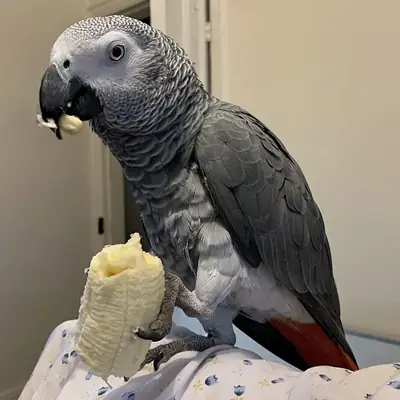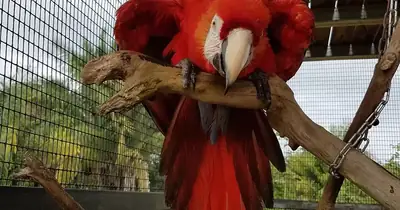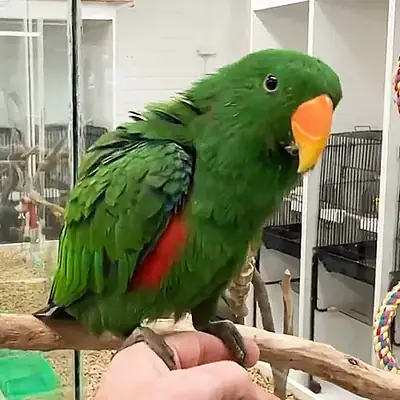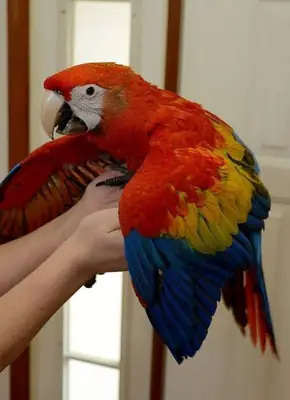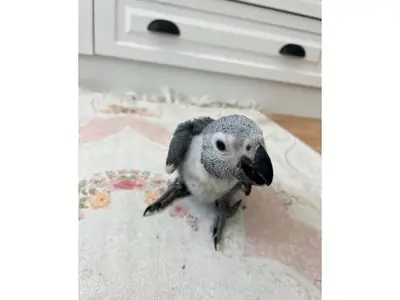Most Common Mistakes Pet Owners Make: Common Points Across All Species
Owning a pet requires great responsibility and love. However, whether experienced or new, many pet owners can unknowingly make common mistakes. These mistakes can negatively affect the animal's health, happiness, and quality of life.
Most Common Pet Owner Mistakes
Common mistakes seen across all pet species often stem from lack of information, hasty decisions, or incorrect assumptions. Recognizing and preventing these mistakes provides a healthier life for both the animal and the owner.
1. Insufficient Research and Preparation
Many people do not do sufficient research before adopting a pet. Making decisions without being informed about the animal's species, needs, lifespan, care requirements, and costs can lead to serious problems.
- Solution: Do comprehensive research before adopting a pet, talk to veterinarians, and get information from experienced owners.
2. Neglecting Veterinary Checkups
Regular veterinary checkups are critical for maintaining pet health. Many owners do not visit the veterinarian unless the animal is sick, missing opportunities for early diagnosis and prevention.
- Solution: Do not skip annual health checkups, vaccination schedules, and routine examinations.
3. Incorrect Feeding
Pet nutritional needs vary according to species, age, gender, and activity level. Feeding human food, overfeeding, or underfeeding can cause serious health problems.
| Mistake | Result |
|---|---|
| Feeding Human Food | Obesity, poisoning, digestive problems |
| Overfeeding | Weight gain, diabetes, joint problems |
| Underfeeding | Nutritional deficiencies, weakness, immune problems |
| Wrong Food Selection | Allergies, digestive problems, health issues |
4. Insufficient Exercise and Activity
Physical activity is fundamental to a healthy life for all pets. Insufficient exercise leads to obesity, behavioral problems, and health issues.
- Solution: Create a regular exercise program suitable for your pet's species and needs.
5. Lack of Socialization and Training
Early socialization and training are essential for pets to lead a balanced and harmonious life. Neglecting these processes causes behavioral problems and adaptation difficulties.
6. Lack of Environmental Enrichment
Pets need mental stimulation and environmental enrichment. Without toys, activities, and appropriate living spaces, animals can become bored and develop behavioral problems.
7. Neglecting Vaccination and Parasite Control
Regular vaccinations and parasite control protect animal health and prevent infectious diseases. Skipping these measures creates serious health risks.
8. Ignoring Stress Factors
Pets are affected by stress factors such as environmental changes, noise, loneliness, and routine disruptions. Not being aware of these factors negatively affects animal welfare.
9. Lack of Emergency Preparedness
Many pet owners are not prepared for emergencies. Without veterinary emergency service information, first aid knowledge, and emergency plans, time is lost in critical situations.
10. Lack of Financial Planning
Pet care involves significant costs. Without financial planning for veterinary expenses, nutrition, toys, and emergencies, the animal's needs may not be met.
Species-Specific Mistakes
Dogs
- Insufficient socialization
- Wrong training methods
- Lack of walks and exercise
- Chaining or leaving alone for long periods
Cats
- Neglecting litter box maintenance
- Lack of indoor enrichment
- Obesity and inactivity
- Lack of stress management
Birds
- Insufficient cage size
- Wrong feeding
- Lack of social interaction
- Ventilation and hygiene problems
Rodents
- Small cages
- Insufficient environmental enrichment
- Wrong substrate selection
- Incorrect pairing in groups
Mistake Prevention Strategies
- Education and Information: Continuous learning and staying updated
- Professional Support: Regular communication with veterinarians and trainers
- Observation and Monitoring: Regular tracking of animal behavior and health status
- Planning: Long-term care and financial planning
- Patience and Understanding: Respect for animal needs and patient approach
When to Seek Help?
Seek professional help in the following situations:
- If behavioral problems persist
- If health symptoms are observed
- If you are unsure about care
- If emergencies are involved
- If you are concerned about animal welfare
Owning a pet is a great responsibility. Recognizing and preventing common mistakes helps both your pet and you lead a happier and healthier life. Remember that every mistake is a learning opportunity and can be corrected with the right approach. Pay attention to your pet's needs, schedule regular veterinary checkups, and stay open to continuous learning.

